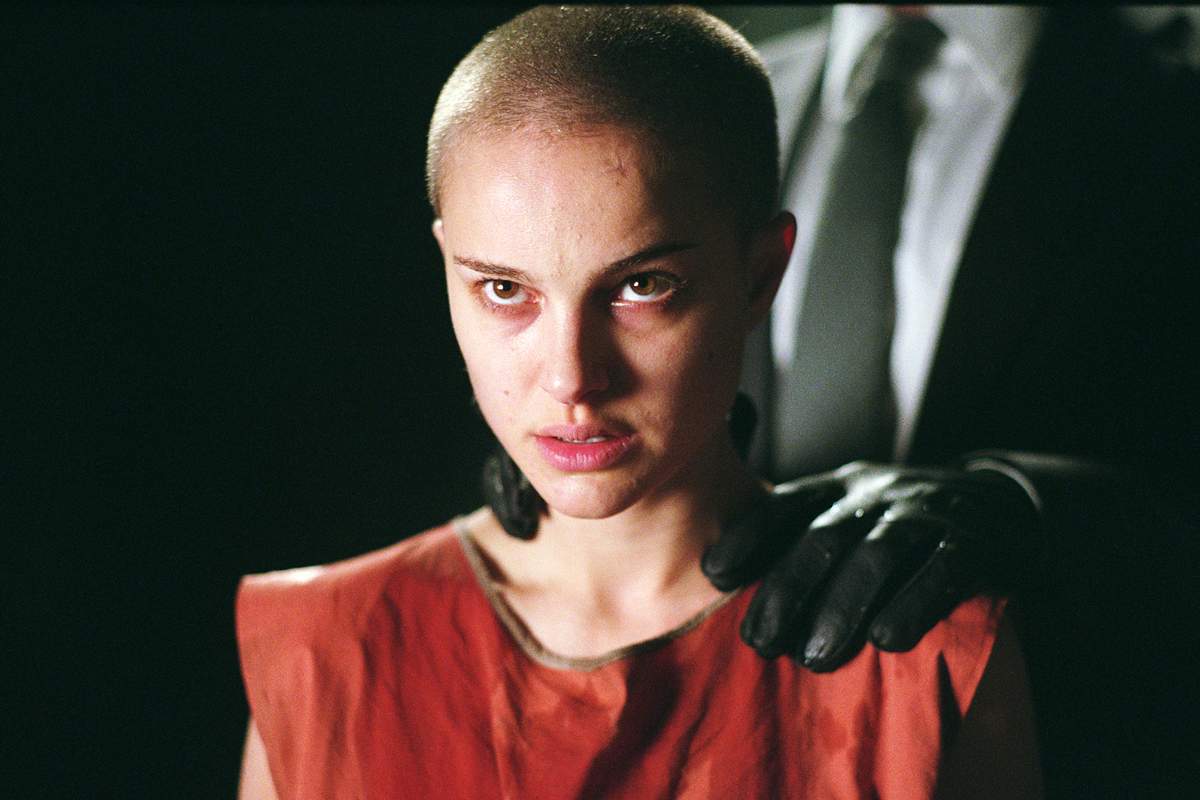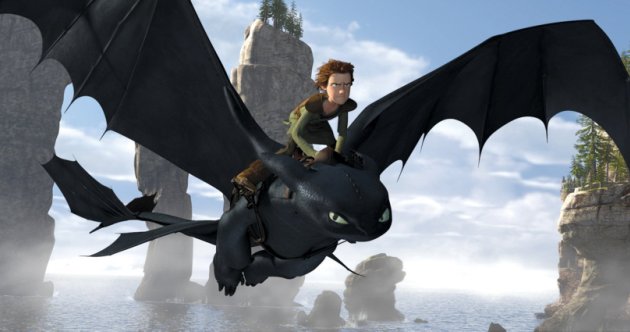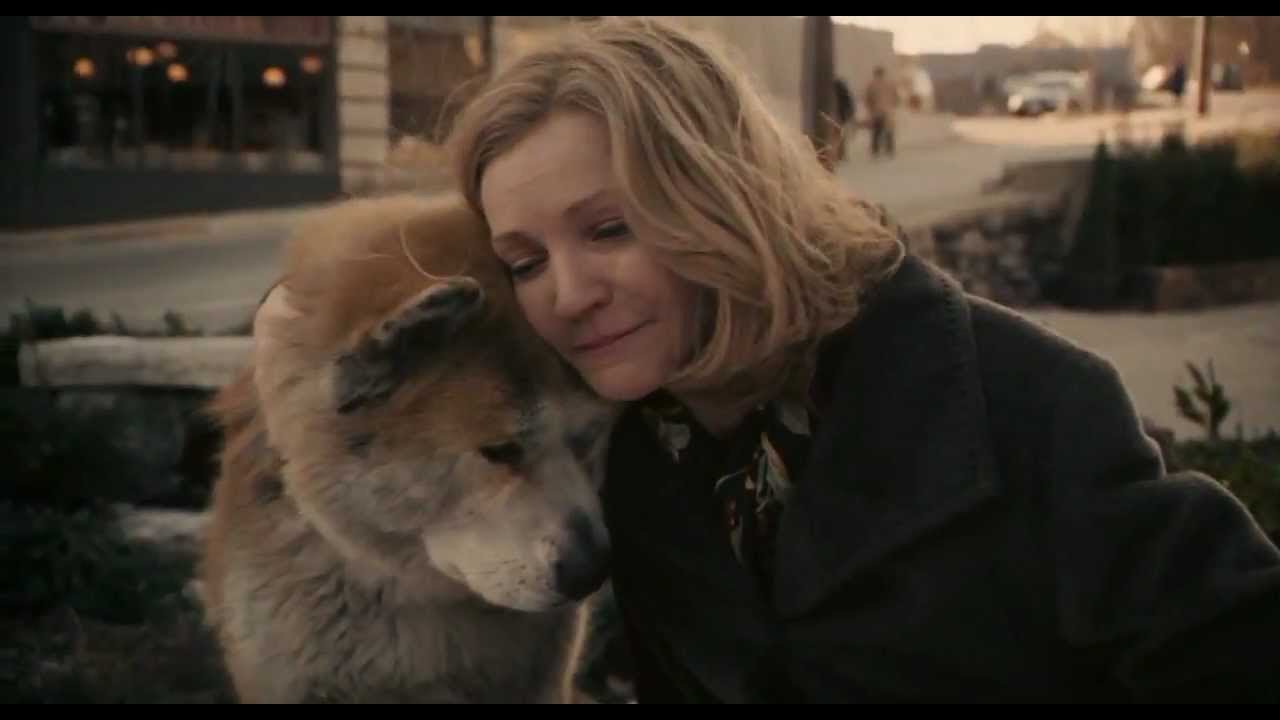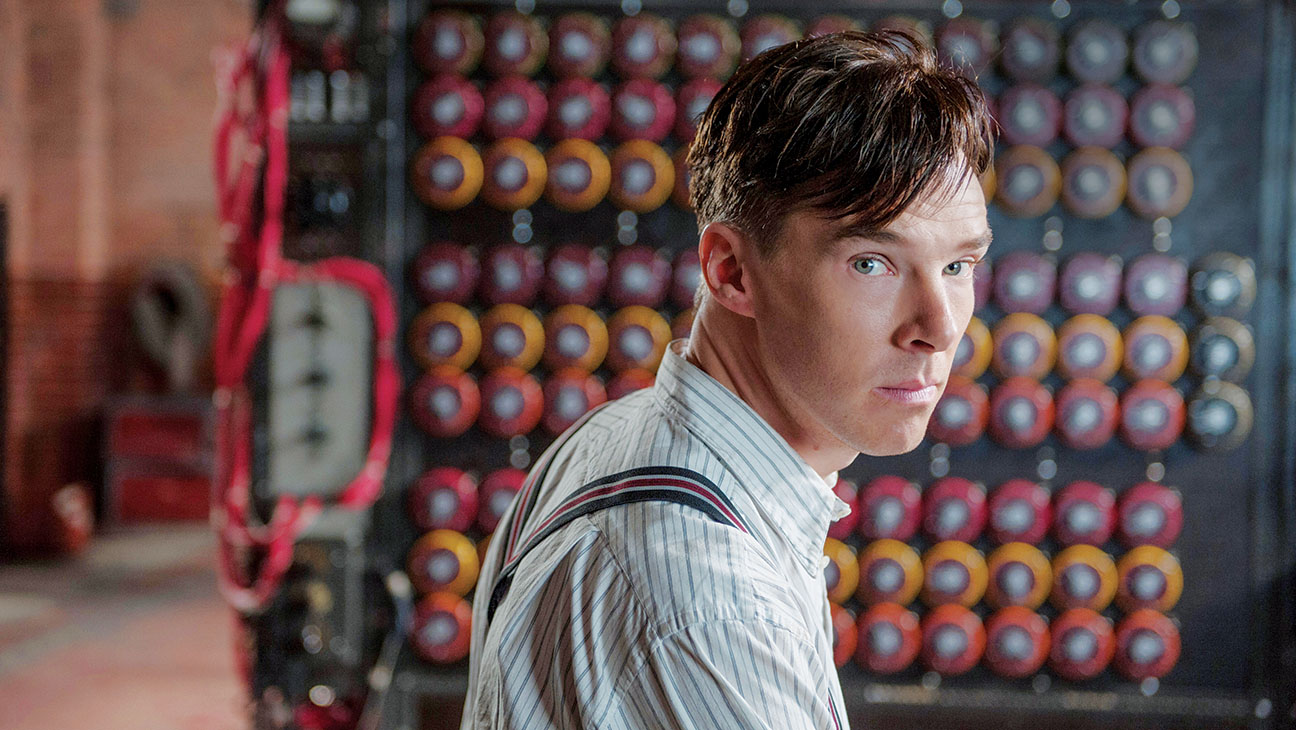6. V For Vendetta (2005, #157)

Made by the famed Wachowskis – behind such luminary entertainments as The Matrix and Bound — V For Vendetta has become the go-to film for anyone who wants to act like a revolutionary without engaging in any meaningful conversation with the powers that be.
Set in a future dystopian United Kingdom in which a fascist party now opposes any dissent, putting would-be critics into concentration camps, it is up to one man — the V of the title — to put into motion the wheels of revolution. The answer to tyranny? Attempting to redo the events of Guy Fakwes gunpowder plot by blowing up the Houses Of Parliament.
The political message here takes what everyone already knows from reading 1984 at high school, and runs it through a few internet conspiracy websites, in the process presenting an infantile ‘fight-the-establishment’ narrative that has no actual intellectual depth. Every one of its big messages, whether thats anti-violence, oppression or mass surveillance, is only countered with slogans with about the depth of postcards.
V, representing the film, is a character without a face, past, or future, as if to say we all share the same problems, forgetting that those most likely to suffer from oppression are those who actually do have different skin colours or sexualities to the norm.
Additionally, whilst its all well and good to wear a Guy Fawkes mask in order to show that you are dissatisfied with the way the world is run, its a much harder proposition to introduce genuine democratic alternatives in order to counter the rise of populist politics.
7. How To Train Your Dragon (2010, #175)

For all intents and purposes, How To Train Your Dragon is a witty well-mounted ensemble drama that combines a brilliant sense for action with a coming-of-age story that is nuanced enough to make the premise feel original.
The nordic setting, a wonderful creature-character in the form of the dragon Toothless, plus its message of finding and realising your inner potential as well as figuring out who your true enemies are, have made How To Train Your Dragon a hit with audiences and critics alike.
Yet, the conversation is about whether or not these films deserve to be considered All-Time greats. Thus if it is to be compared with the Disney and Studio Ghibli films that make up the animated portion of the IMDB top 250, How To Train Your Dragon sorely lacks in either the spunky characterisation or the marvellous attention to detail that have made those films such a success.
In addition to this, its message is too simplistic in order to truly wash with anyone above the age of 14. Featuring somewhat lame pop culture references that make up for missing social awareness or grander themes, it may be a great film to show to your children, but it is hardly the peer of genuine classics such as Spirited Away (#28) and The Lion King (#50).
8. Rush (2013, #186)

Ron Howard is a long-time director who has made many beloved films without ever displaying a single sign of auteurism — its impossible to find a personal obsession that really links Apollo 13, A Beautiful Mind and The Da Vinci Code together.
His complete lack of personal signature when it comes to directing isn’t necessarily a major fault, but it is something to consider when looking at a film like Rush, which manages to expertly cover all the bases, and even stage a thrilling race every now and then, yet never being unique enough to make this film a contender for one of the all-time greats.
Despite working from a crackling script, and aided by two excellent performances by Daniel Brühl and Chris Hemsworth, the slower scenes in the film, in which the two drivers attempt to out-alpha one another, never match up to the thrills that are to be had out on the track.
A real man’s film, Rush also suffers from several inconvenient conventions that rarely work in film — whether that’s the long suffering wife or the use of obvious symbolism such as the lighter Hunt keeps on flicking on and off throughout the movie — showing its struggle to tick all the boxes instead of using its premise in order to make a truly memorable study in character.
When the most exciting thing about a sport film is the sport itself and not the characters participating in the sport, you have made a decent genre film and not a genuine work of art.
9. Hachi: A Dog’s Tale (2009, #211)

A four-hankie film with Richard Gere playing a mild-mannered college professor who takes in an abandoned dog, Hachi: A Dog’s Tale may score major points for making the most stoic among us cry, but is simply too maudlin and flat to be considered as one of the finest movies ever made.
It’s nice and good-natured; but that’s just about it. When an entire film works towards one simple feeling, it has to make sure that it has arrowed in on that point throughout, making the ending a completely cathartic process.
The ending of Hachi: A Dog’s Tale — which is based on a true story — sure is emotional, but the effect comes across as more calculated then truly felt. The characterisation and relationships throughout come across as skin-deep, little to no complexity being allowed to penetrate this film’s wholesome surface.
The film functions as an anecdote stretched into a full-length feature. The dog may be cute, and Richard Gere may be playing one of his most likeable characters ever, but this TV-movie gone viral never does enough to truly justify its inclusion onto the IMDB top 250. Much of its success must rest on the fact that it is about a very cute and very loyal dog.
10. The Imitation Game (2014, #248)

If The Imitation Game was a straight-up thriller, it would have the potential to be a very good film indeed. Instead, showing every aspect of The Weinstein Company Oscar-baiting machine, it combines its expert puzzle-like thriller elements with the biopic, resulting in a mishmash of different genres that never really settles on a workable groove.
In addition to that, it was found to be wildly inaccurate, a problem for a film that spent most of its promotional campaign going on about how much of an amazing true story it was.
The most problematic aspect of this film is its presentation of homosexuality. Alan Turing was a famed homosexual, who in bowing to societal pressures attempted to suppress his true nature, in the process leading to his suicide. In the film however, we never see him enjoy any aspect of his sexuality, his entire personality sanitised in favour of his savant-abilities.
By not celebrating homosexuality, and instead seeing it as merely something to be suffered and pitied, The Imitation Game does nothing to help LGBTQ people raise their stature in society. In fact, by associating his solving the enigma with a deeper secret he was reticent to share —namely that he was a homosexual in a deeply homophobic society — the film unintentionally becomes patronising and borderline offensive. The real enigma is how it got onto the IMDB top 250.
Author Bio: Redmond Bacon is a professional film writer and amateur musician from London. Currently based in Berlin (Brexit), most of his waking hours are spent around either watching, discussing, or thinking about movies. Sometimes he reads a book.